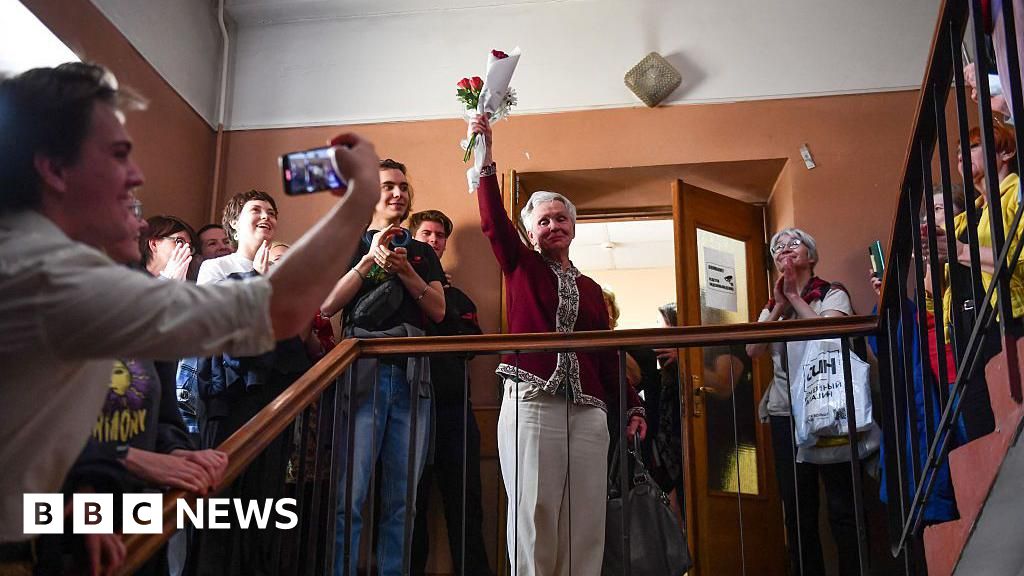… Because love shouldn’t come with a side of emotional whiplash
Relationships are hard enough without pop culture, bad advice, and ancient “rules” making things messier than they need to be. From rom-com clichés to recycled Twitter hot takes, there are a ton of so-called truths about love that are… well, straight-up toxic. If we’re going to thrive in our connections (romantic or otherwise), it’s time we leave these five myths in the past—along with dial-up internet and low-rise jeans.
1. “If they really love you, they’ll read your mind.”
Nope. This one needs to go straight into the recycling bin. Expecting your partner to just know what you’re thinking, feeling, or needing is a recipe for resentment. Healthy relationships are built on communication, not telepathy. Say how you feel. Ask for what you want. It’s not less romantic—it’s emotionally mature.
2. “Fighting means passion.”
Hollywood gave us this one. Yelling, slamming doors, and making up with steamy kisses might look sexy on screen, but in real life? It’s exhausting. Constant fighting isn’t passion, it’s poor conflict resolution. Real passion is mutual respect, emotional safety, and learning how to disagree without trying to emotionally decapitate each other.
3. “Jealousy is proof of love.”
Jealousy isn’t cute. It’s not a love language. And it definitely shouldn’t be a relationship flex. A little insecurity is human, but turning that into control, possessiveness, or guilt trips? That’s not love—that’s manipulation. Trust is way hotter than someone obsessing over your phone password.

4. “You complete me.”
Shoutout to Jerry Maguire for giving us this dangerously sweet line. But here’s the truth: You’re not a half-looking-for-a-whole. You’re already complete. A relationship should complement you, not fix or finish you. Depending on someone else for your entire sense of identity or happiness will only leave you feeling emptier when things get rocky.
5. “Real love should be hard.”
Challenges? Sure. But suffering? That’s a no. This myth tells us to stay in toxic situations because “love isn’t easy.” Newsflash: love shouldn’t feel like a survival sport. Yes, every relationship hits bumps, but there’s a difference between growth and grit vs. constantly walking on eggshells. Struggle isn’t a prerequisite for romance.
The Bottom Line?
The best relationships are the ones where both people feel safe, seen, and supported—not tested, drained, or confused. So let’s retire these tired myths, give ourselves permission to redefine love in healthier ways, and maybe—just maybe—start spreading a new idea: that love should actually feel good. Revolutionary, we know.

 4 hours ago
4
4 hours ago
4














 English (US) ·
English (US) ·